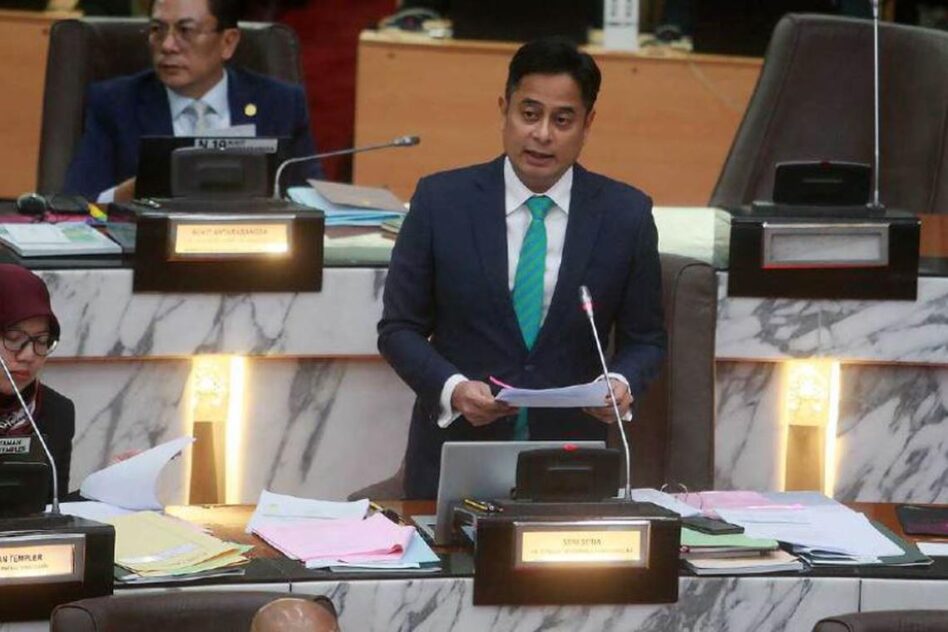WHILE global economic uncertainty continues to dominate headlines, Sabah has quietly delivered another strong performance by recording almost RM108 bil in total trade for 2024.
This marks the third consecutive year the state has crossed the RM100 bil threshold. The latest figures were released by the Department of Statistics Malaysia (DOSM) in its Sabah External Trade Statistics July 2025 report.
“Sabah’s trade remained resilient, registering a total trade value of RM107.8 bil in 2024, surpassing the RM100 bil mark for three consecutive years since 2022,” revealed Malaysia’s Chief Statistician Datuk Seri Dr Mohd Uzir Mahidin in a recent media statement.
In a year defined by shifting global trade patterns and inflationary pressures, the numbers point to a state that is doing something right, steadily and quietly. The numbers also reaffirm Sabah’s position as one of Malaysia’s most consistent and resilient trade performers.
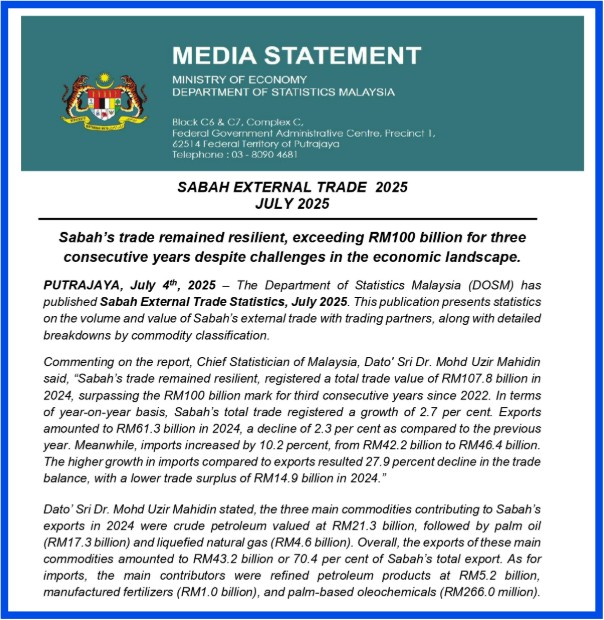
As in previous years, Sabah’s export strength was led by crude petroleum, palm oil and liquefied natural gas (LNG) which together made up more than 70% of the state’s total exports.
In 2024, Sabah’s exports stood at RM61.3 bil while imports rose to RM46.4 bil, resulting in a trade surplus of RM14.9 bil.
Praiseworthy effort
Regional economists contended that while the overall trade surplus dipped slightly, the broader picture is far from negative. Sabah’s performance still reflects a well-managed trade portfolio, especially as it balances between domestic and international markets.
“You don’t hit over RM100 bil in trade for three straight years without solid planning,” reacted one economist.
“Sabah is showing signs of becoming a long-term trade player. Not just a resource exporter, but a serious part of Malaysia’s economic engine.”
Interestingly, while exports to Peninsular Malaysia dropped by 7.2%, exports to other countries increased slightly (by 0.9%). The fall in domestic exports was largely due to reduced demand for crude petroleum, palm oil and palm-based oleochemicals.
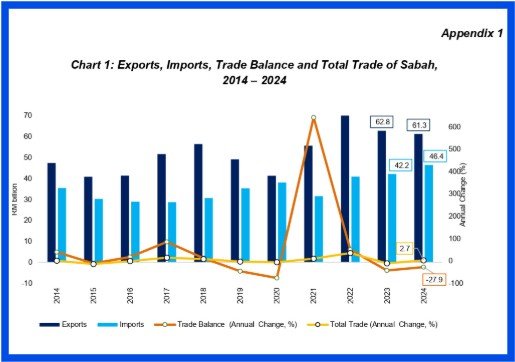
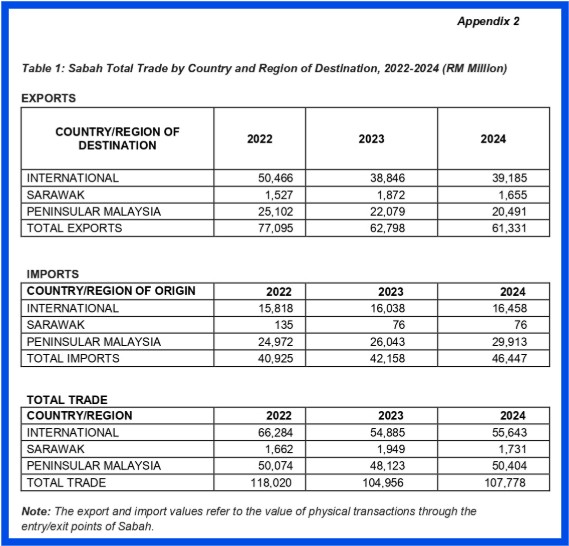
This showed that Sabah is not only relying on domestic trade but is also growing its role on the global stage. It’s a small but telling shift as it suggests Sabah is surging ahead in global relevance and not just relying on internal demand.
Meanwhile, imports showed notable increases from Indonesia (+49.7%), Thailand (+7.5%) and China (+2.4%). These were mainly in sectors like food, fertilisers and industrial supplies.
Analysts attributed this to growing consumer demand and industrial expansion within the state. Imports from Peninsular Malaysia grew by 14.9% to reach RM30.1 bil, a rise of RM3.9 bil compared to 2023.
“Sabah’s import mix is changing and that’s not a bad thing,” explained a senior trade consultant. “It suggests that more is happening inside the state such as increased production, consumption and more value being added locally.”
Sabah’s top international trade partners include China, Thailand, South Korea, Japan and India. While trade with Peninsular Malaysia remains significant, the balance is shifting subtly and steadily toward regional and global markets.
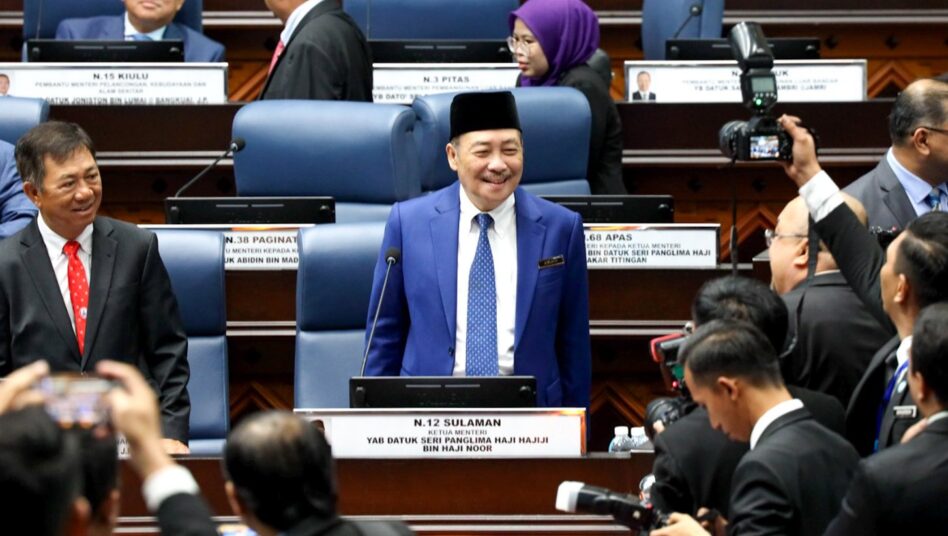
Adding to this momentum is a boost in credibility. Malaysia was recently ranked No. 1 in the world for open data by the Open Data Inventory (ODIN). This is a major leap forward from its previous 67th ranking.
It’s a win that not only reflects well on national agencies but also signals that data from Sabah and other states is being trusted internationally.
Looking ahead, Malaysia will chair the ASEAN Community Statistical System Committee (ACSS15) in 2025. This is a leadership role that could open new pathways for regional trade collaboration.
With its consistent numbers and growing connections, Sabah is well positioned to play a part in that larger ASEAN story.
“This isn’t just about trade values,” justified a spokesperson from the Sabah Chief Minister’s office.
“It’s about building systems that work. Sabah is proving that even being far from the nation’s capital is not an issue as with the right data and strategy, we can lead in our own way.” – July 8, 2025






